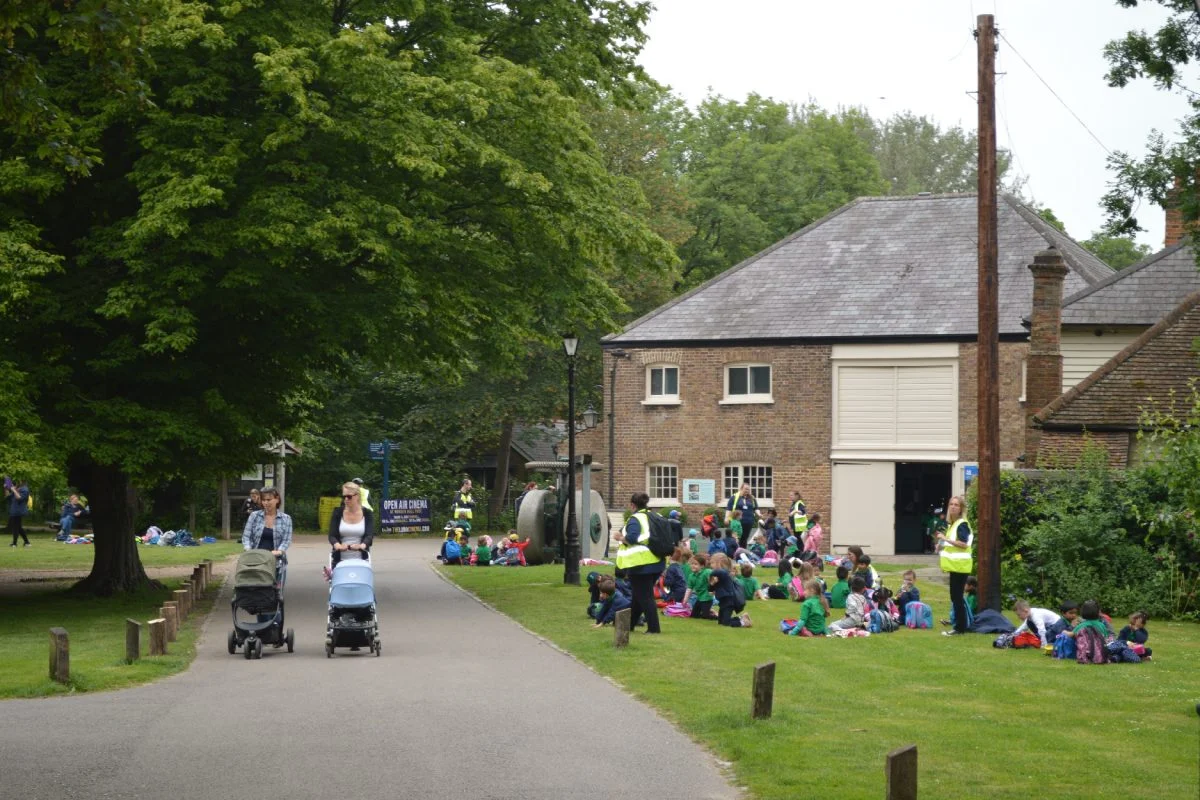
Open space is not empty space. It is a valuable contribution to quality of life, health and the local economy. Open spaces provide vital green infrastructure benefits such as mitigating climate change, flood alleviation, and ecosystem services. The provision of these facilities in our cities, towns and villages is very important to a sustainable future and embeds in national planning policy.
Regardless of demographics, access to open space, whether it be a large country park or a local kick-about area, is demonstrably positive for both physical and mental health. Knowledge in this field is continually improving, and TEP is delighted to be part of the process of providing these valuable spaces, which offer comfort and support to people everywhere.

Open spaces have many benefits; they can be communal, yet also offer a chance to enjoy some peace and quiet. They provide opportunities for formal or informal sport, bringing about a feeling of friendship and togetherness. They offer meeting places for anyone to enjoy, as well as offer glimpses into the past, harnessing heritage features and ancient trees that bestow memories and reference points for life. The spirit and pride of individual communities make neighbourhood open spaces the focus of local celebration. They can also present opportunities for water harvesting and community food growing, all of which are increasingly on the public’s agenda– especially for children and young people.
TEP regularly undertakes open space studies on behalf of Local Authorities across the UK. Our experience and portfolio has developed into an impressive service, which sits alongside our existing Land Management outputs. These types of projects respond to the need a Local Authority has for an evidence base compliant with the National Planning Policy Framework (NPPF): one they can use when allocating proposals for the usage and functionality of their publicly accessible green and blue spaces.

TEP has produced many successful open space strategies such as our Harborough District, Isle of Wight and Merton projects. These strategies enable Local Authorities to demonstrate that their open spaces are well thought out, highly beneficial, multi-functional and consider the local community’s bespoke needs. This is achieved through a process of site auditing, data analysis, public and stakeholder consultation, and with consideration of future housing and demographical needs.
The work TEP does in this area protects the benefits of open spaces, whilst enabling a Local Authority to sensitively identify land that is preferable for development. This allows them to create housing, infrastructure or employment opportunities whilst retaining their high-value open spaces.
TEP looks forward to being involved in many more of these rich and rewarding projects. If you require an open space assessment, please contact the Landscape Management team by emailing landmanagement@tep.uk.com.
To read more from our Landscape Managers click here.








